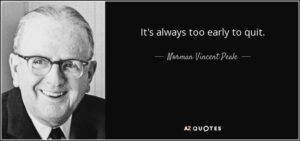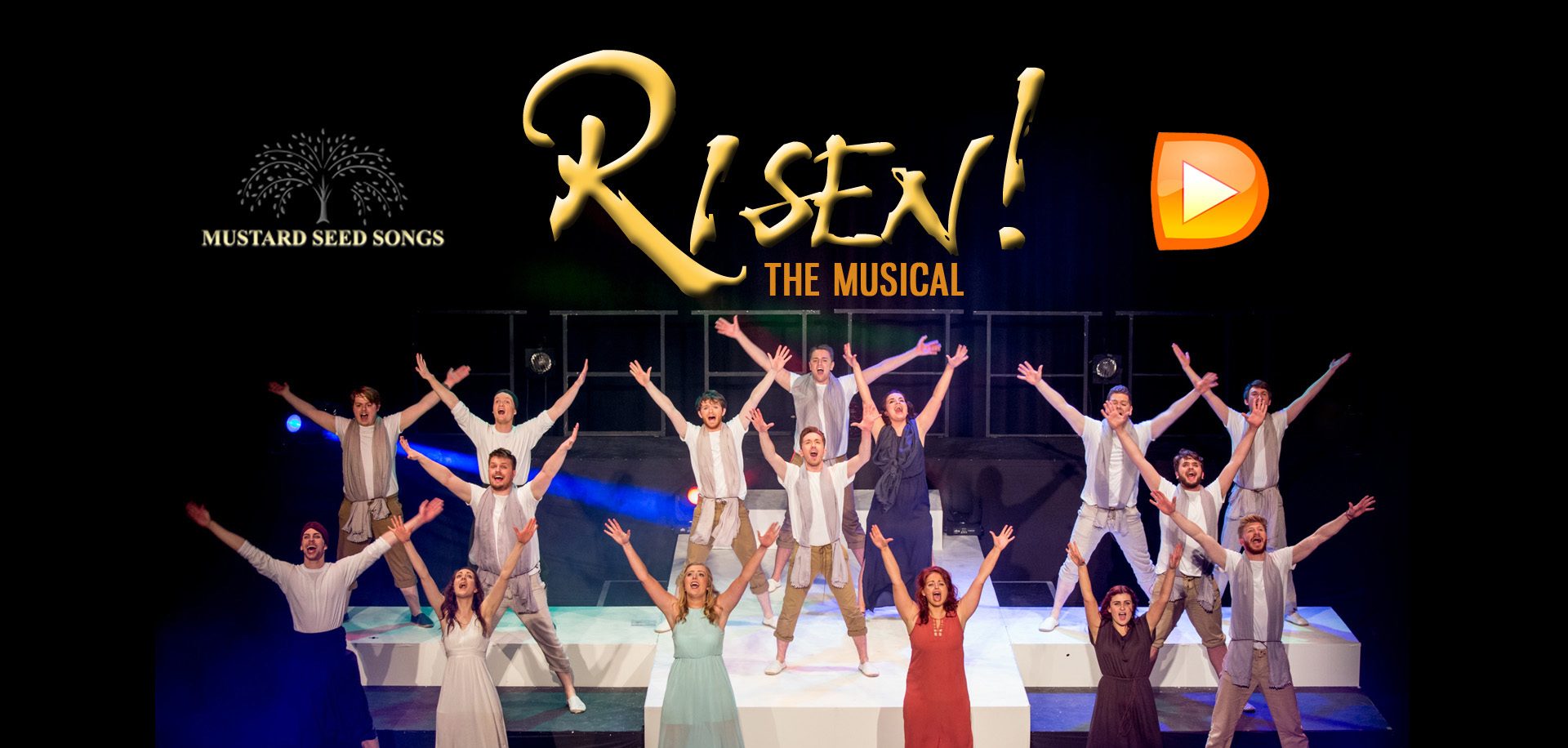
I’m A Believer (Diamond) featuring the Mustard Seed Soul Band from the album “His Story” recorded and produced by Ross Gill
Adam Pearson is 37 years old and is a British actor, presenter and campaigner He who has been involved in outreach programmes to prevent bullying associated with deformities.
Wikipedia states that after he hit his head at the age of five, the resultant bump persisted instead of healing. He was diagnosed with neurofibromatosis type I, which causes non-cancerous tumours to grow on nerve tissue.
Mr Pearson has been a victim of bullying throughout his life.
On 30th August I began to view an episode of Celebrity MasterChef in which Mr Pearson was taking part. I have every admiration for him, but when he was unhappy with his cooking (he was eliminated in the first round) he uttered “Jesus of Nazareth.” To be honest I was shocked and thought “that’s not right” and switched the TV off.
Later I noticed on social media that Mr Pearson had apologised, but not for his inappropriate use of “Jesus of Nazareth” but for his poor cooking! I felt I could not let this go and so for the first time in my life decided to complain to the BBC. The first part of the process did not allow me to go into much detail but below is the response I received.
Dear Mr Shearsmith,
Thank you for contacting us regarding BBC One’s ‘Celebrity MasterChef’ broadcast on 30 August.
We note your concerns about certain language used by Adam Pearson.
There is certainly never any intention to upset or offend our audience, and we take a great amount of care with the programmes we broadcast. However programmes often aim to reflect the world as it is and we protect freedom of expression. If there is a proposal to feature language that has the potential to cause offence it is always carefully considered and its use must be editorially justified. Programme makers are guided in this area by the BBC’s Editorial Guidelines, and by research carried out by Ofcom who have considered this matter at some length.
If there is a proposal to include any language that has the potential to cause offence it is always carefully considered and it must fit the programme and its context. When doing so we consider a number of factors, including the nature of the programme, the time of broadcast, audience expectations for the programme, and the way in which the words are used.
We also abide by what Ofcom describes as ‘generally accepted standards’, which evolve over time and are informed by relevant research, such as the Ofcom research referred to above. Broadcasters of course need to consider how language broadcast may cause offence with different audiences, but are also entitled to reflect language that is used commonly in society.
We appreciate that views will differ on the use of such language, but we hope we have been able to show that we do give careful consideration to the use of all language that has the potential to offend.
We do value your feedback about this. Senior members of the ‘Celebrity MasterChef’ team have been made aware of your comments and we’ve included your points in our overnight report. These reports are among the most widely read sources of feedback at the BBC, and helps inform future editorial judgements.
Thank you again for taking the time to contact us.
Kind regards,
Neil Salt
BBC Complaints Team
www.bbc.co.uk/complaints
As you may imagine I was not at all satisfied with their explanation/excuse and next week I’ll share my reply.
Quote of the Week
